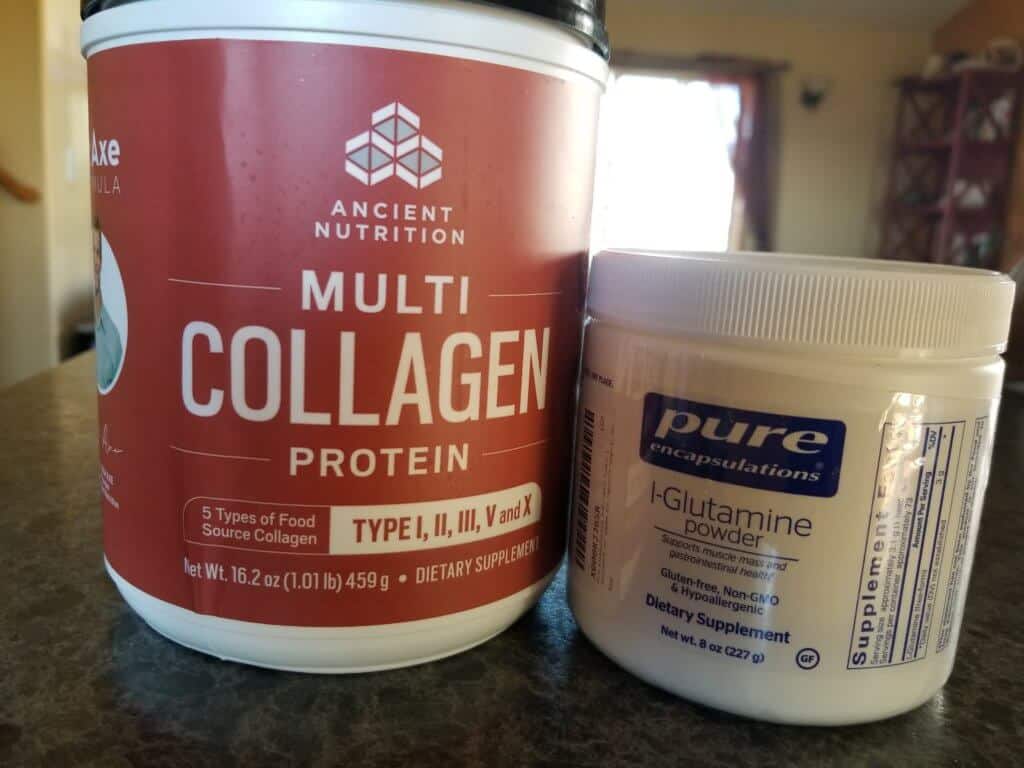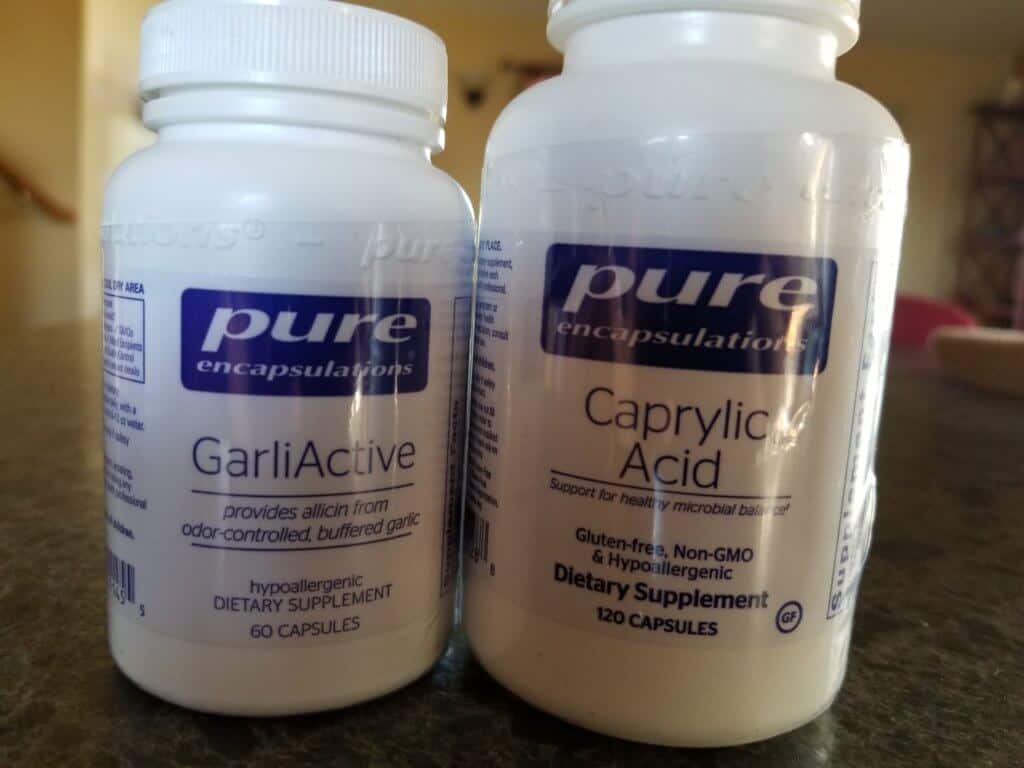Have you ever noticed when you are stressed or upset, you feel it in your gut? It might be a feeling of nausea or anxiety, or it might be a feeling of having butterflies in your stomach. A common sign that our central nervous system is reacting to stress, having an immediate effect on our body through the vagus nerve. The vagus nerve is involved in our stress response, affecting our heart rate, blood pressure, digestion, fertility, blood sugar as the stress hormones release into our bloodstream. If we are preparing to fight or flee, this is a response we want to increase our rate of survival. In modern times, the cause of stress is psychological or emotional, requiring no additional physical effort. The problem is that the physical effects of stress are still present and left unchecked result in chronic conditions like high blood pressure, type 2 diabetes, lowered immunity, infertility, and changes in the gut.
Changes in the gut from the effects of stress can have long-term effects on health and wellness. Because digestion slows during times of stress, we do not break down food well, nor do we absorb nutrients. Over time, we have less energy, have more anxiety and depression, experience sleep disturbances, and can suffer from an irritable bowel resulting in chronic constipation or diarrhea.
In part 1 of this blog series I talked about addressing nutrition through changing how we eat and what we eat, creating a mindful practice of meal planning and meal prepping with attention to foods that support the body. These practices can change eating habits long term and provide support to the body in a stressful world. For some people, the effects of stress on the gut are more profound and require additional support.
When the gut function is impaired, not only is digestion diminished, but also specific areas of the gut are affected. The microbiome can be disturbed, making room for dysbiosis to occur. With dysbiosis, there is an imbalance of gut bacteria, leaving room for small intestinal overgrowth, Helicobacter pylori infections, and a leaky gut. Except for antibiotics for the treatment of Helicobacter pylori, dysbiosis can be difficult to diagnose and treat. Common signs are stomach bloating, gas, indigestion, diarrhea, constipation, sugar craving, headaches, rashes, food sensitivities, and even auto-immune diseases.
If this rings a bell with your body and digestion experience, there are strategies to heal and seal the gut. They require supplements in addition to eating a whole-foods, mostly plant-based diet that is low in refined carbohydrates and added sugar. These foods help feed the beneficial gut bacteria while starving off the sugar craving bacteria and even yeast, which often plays a part in microbiome imbalances. Here are my recommendations:

- Remove grains and dairy from the diet for 30-60 days. This helps reduce the sugar load on the gut, helping to starve the not so friendly bacteria.
- Remove any foods you have developed a sensitivity to for 30-60 days. These are often proteins and sugars. The sensitivity is due to a degree of a leaky gut allowing undigested proteins and sugars into blood circulation, which your immune system reacts to. Eggs, nuts, beef, grains, fruits with high fructose, and HFCS are common.
- Supplement with L-glutamine. L-glutamine is an amino acid that enterocytes, the cells lining the gastrointestinal tract feed on. L-glutamine will help strengthen your intestinal barrier. I like Pure Encapsulations brand.
- Supplement with collagen. Collagen powder is all over social media and the diet industry currently because of its functions in the human body. It supports the gut by reducing inflammation and healing the lining of the gut, including ulcers. An organic brand is best, and grass-fed is even better!
- Supplement with a high-quality pre and probiotic to work to recolonize your gut of its friendly bacteria. I like Pure Encapsulations Probiotic GI.
- Supplement with a garlic tablet or incorporate garlic into your cooking routine. Garlic is a well known and widely used antimicrobial herb that can help kill off unfriendly bacteria and yeast in the gut.
- Supplement with caprylic acid, a derivative of fat (butter, coconut oil) that helps destroy the cell walls of yeast that may be present in the gut with a dysbiosis. I like Pure Encapsulations.

Unfortunately, this takes a while to restore balance to the human gut, depending on the condition. Treating dysbiosis takes dedication to both diet and supplements while also reducing stress to normalize the gut as a good host for beneficial bacteria. For some, it may require a full elimination diet to identify food sensitivities while following a low FODMAP diet. Ulcers and acid reflux take less time because of how quickly the gut lining rebuilds itself, strengthening the lower esophageal sphincter.
The thing I find most beautiful about addressing gut health is that it also supports the rest of the body, helping you feel more energized and well. Because we are not only what we eat, but more correct, what we digest. Our health will improve with healthy eating and supplementation that support digestion, something I have seen many times in my work with clients and students. When we add mindful practices to the package, it can be a game-changer in achieving health and wellness goals!